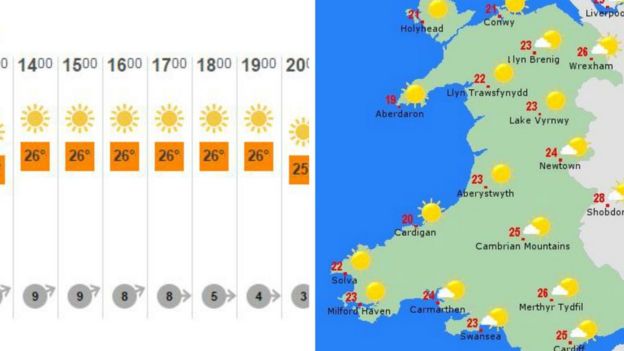In Tunisia, young women are expected to be virgins when they marry, leading to a growing trade in hymen reconstruction surgery.
Yasmine (not her real name) looks nervous. She's biting her nails and checks her mobile phone constantly.
"I consider this to be deception and I'm really worried," she says.
We're on the fourth floor of a private clinic in Tunis - the gynaecology service. Around us in the pink waiting room, other women wait patiently to be seen.
Yasmine confides in me that she is having a hymenoplasty, a short procedure that promises to reconstruct her virginity surgically.
Her wedding is due to take place in two months' time and the 28-year-old is worried that her husband will find out she is not a virgin.
She has come here to turn back the clock but is concerned that at some point in the future the truth may come out.
"I might one day inadvertently betray myself in a conversation with my husband," she says. "Or my husband may have... suspicions."
Pressure
There have been some reports of young women here being divorced shortly after marrying because their husbands suspected they were not virgins.
Yasmine was born into a liberal family and spent many years living abroad. She fears her fiancé will cancel their wedding if he knows the truth about her sexual history.
"I had an affair once with a man," she says. "At that time, I couldn't imagine how huge the pressure was in my society and what the consequences could be.
"So now I am afraid. If I reveal this to my fiancé, I'm quite sure our wedding will be cancelled."
Yasmine will now have to pay almost $400 (£310) for the procedure, which will take about 30 minutes. She has been saving up the money for several months, keeping it secret from her family and her fiancé.
The doctor who will carry out the procedure for Yasmine is a gynaecologist, whom we will call Rachid. He does two hymenoplasties a week, on average.
Rachid says 99% of his patients are motivated by the fear that they might otherwise bring shame to their family and relatives.
Many, like Yasmine, are seeking to disguise the fact that they are not virgins.
But hymens can tear for other reasons too, such as tampon use, leaving women worried that they may be accused, falsely, of having had sex before marriage.
"Gynaecologists do hymen repair. This is nothing exceptional," Rachid says. "But here some doctors refuse to do it. I personally do it because I disagree with those who make virginity a sort of sacred thing.
"It really annoys me. This is a manifestation of a male-dominated society covered up in some religious principles. I mean it when I say it's male dominance and I'll continue to wage an all-out war against it."
'Hypocritical'
Tunisia is regarded as a leader in women's rights in North Africa but religion and tradition here dictate that young women have to remain virgins until they are married.
There is also provision in Tunisian law for divorce in cases where women are discovered not to be virgins.
Sociologist Samia Elloumi says: "In this Tunisian society, which is an open society, we are becoming hypocritical.
"There is a sort of predominant social conservatism which is hard to justify because we claim to live in a modern society. But there's not much modernity when it comes to women's sexuality and freedom."
At a public university, I meet Hichem. The 29-year-old student is getting married next year. I ask him if he cares whether his fiancée is a virgin.
"For me it's very, very important," he says.
"If I find out that she's not a virgin after the wedding, I'll never trust her again. I'll consider it a betrayal. And I don't believe in hymenoplasty operations. I don't think it works."
Sitting next to him is Radhouam, another student. He says that Tunisian tradition is too harsh on women.
"For me, this is pure hypocrisy," he says. "Young men can freely have sex before marriage, so why do we blame young girls when they do so?"
BBC NEWS
























